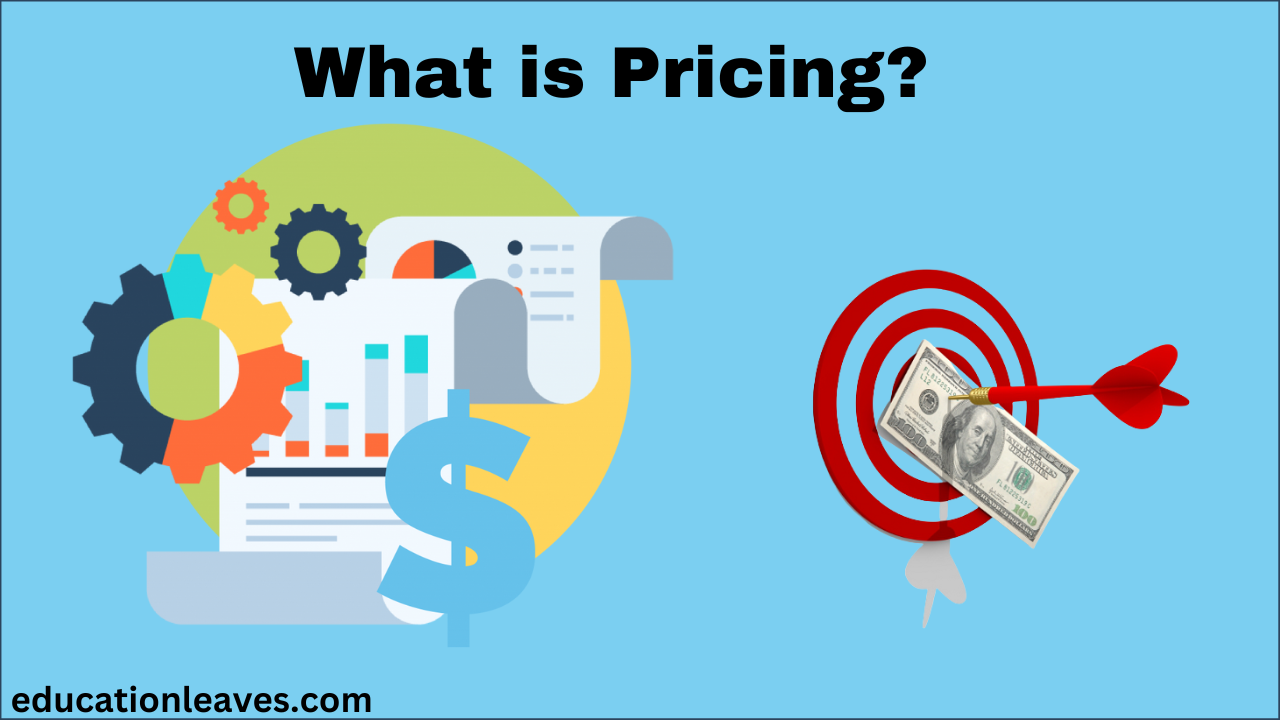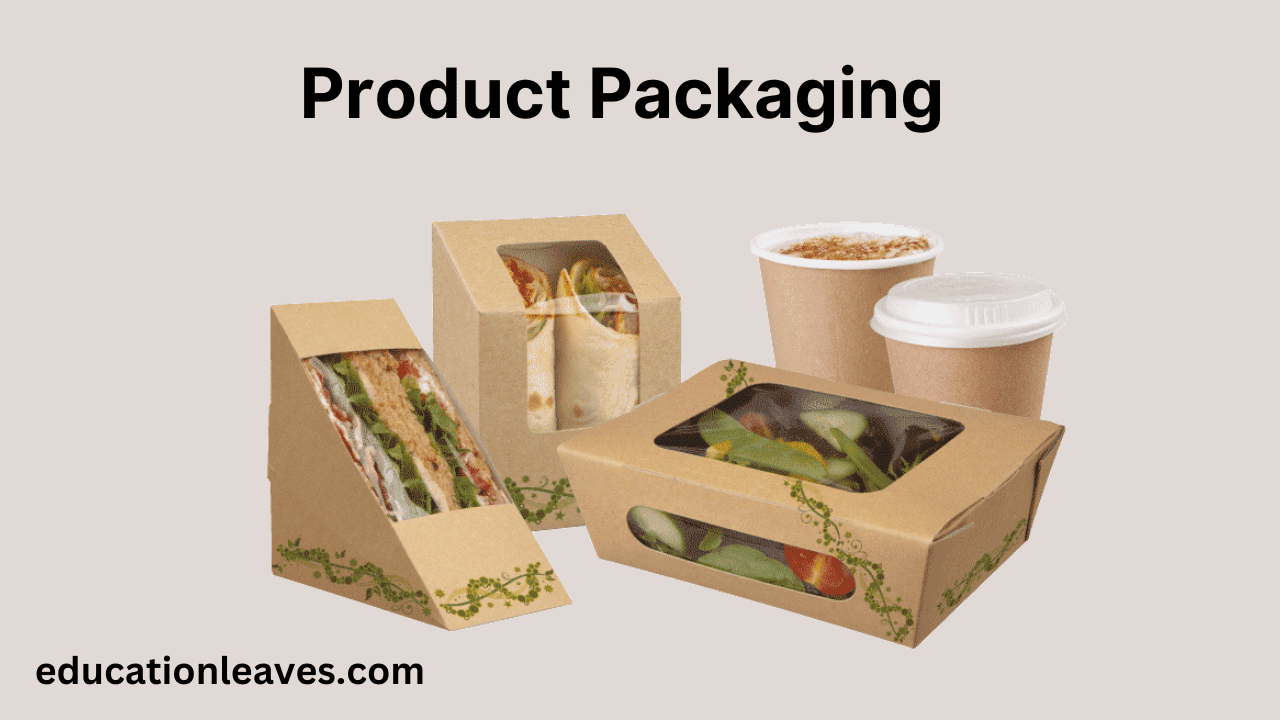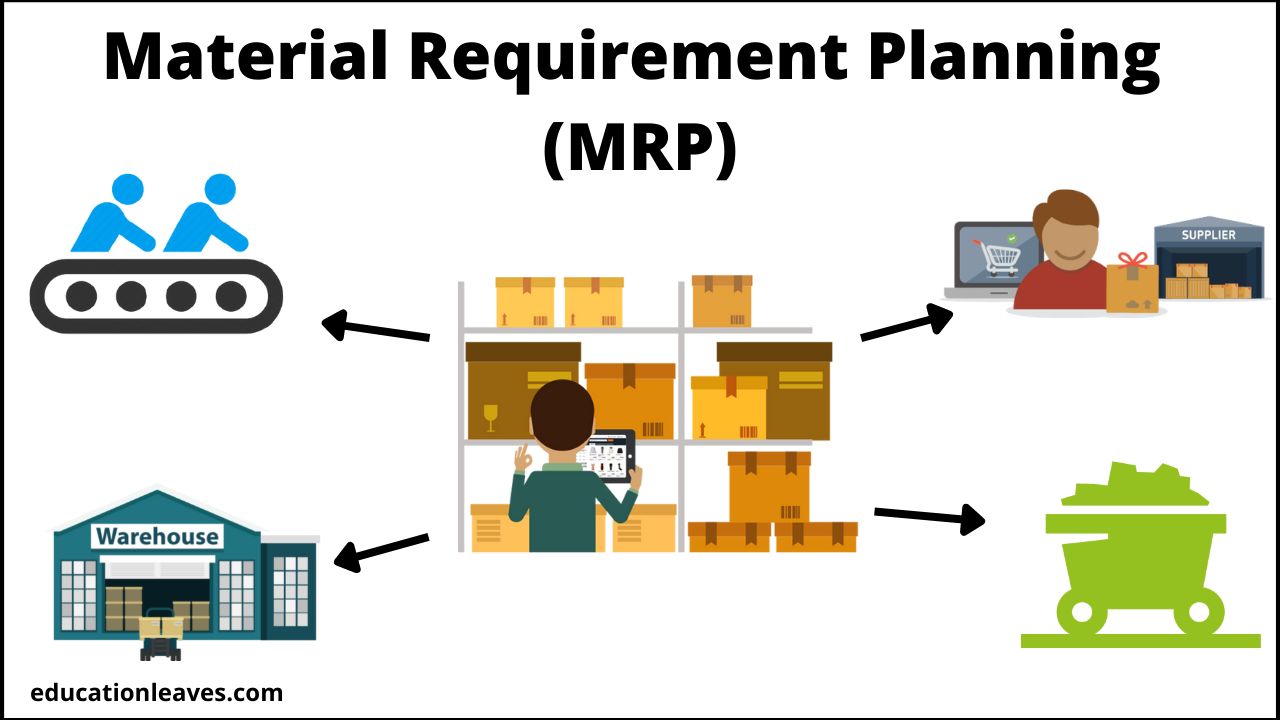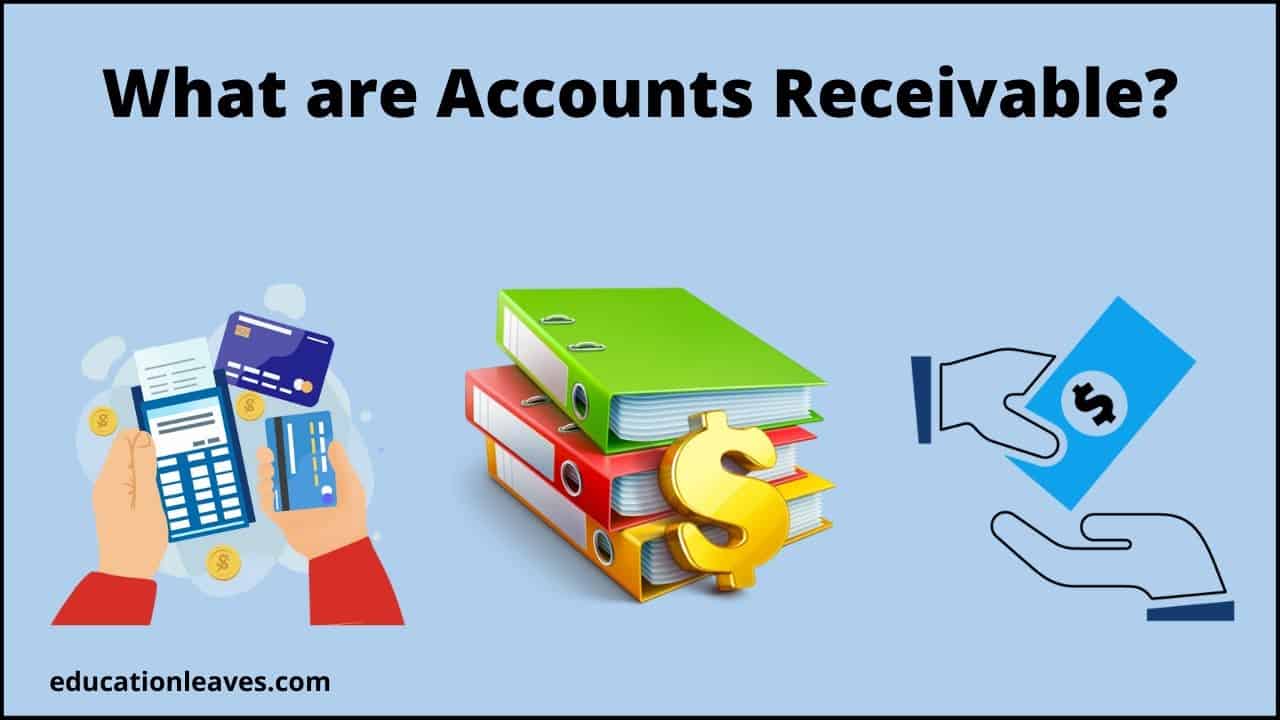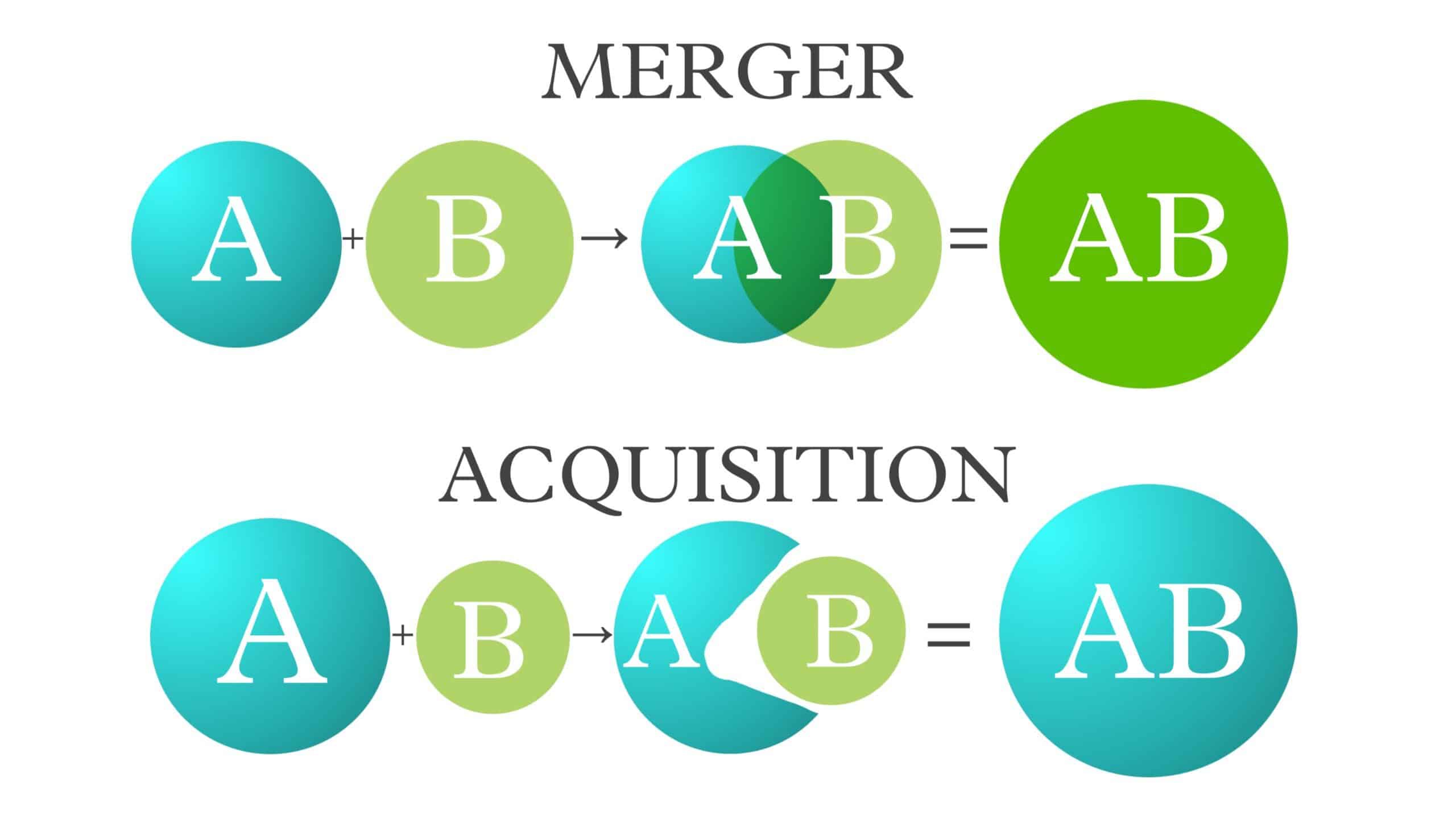What is Pricing? Types of Pricing Strategies, PDF
Pricing is a process of setting the value that a manufacturer will receive in the exchange of services and goods. If manufacturers set prices too high, they miss out on valuable sales. Set them too low, and they miss out on valuable revenue.

